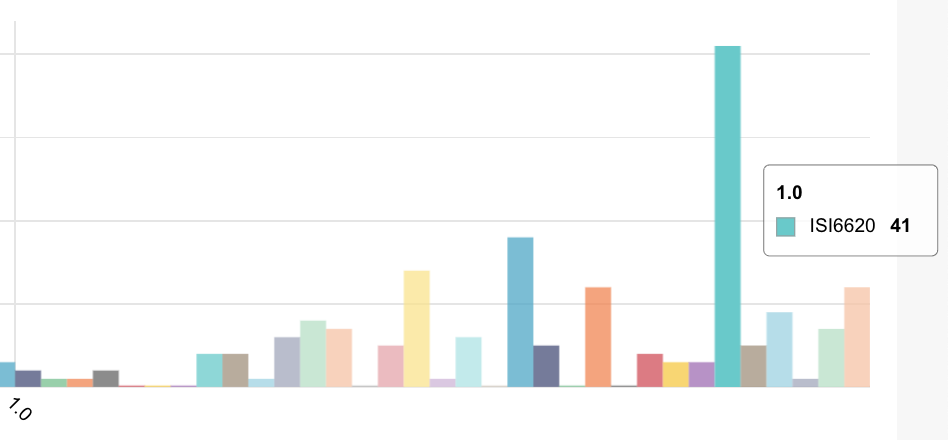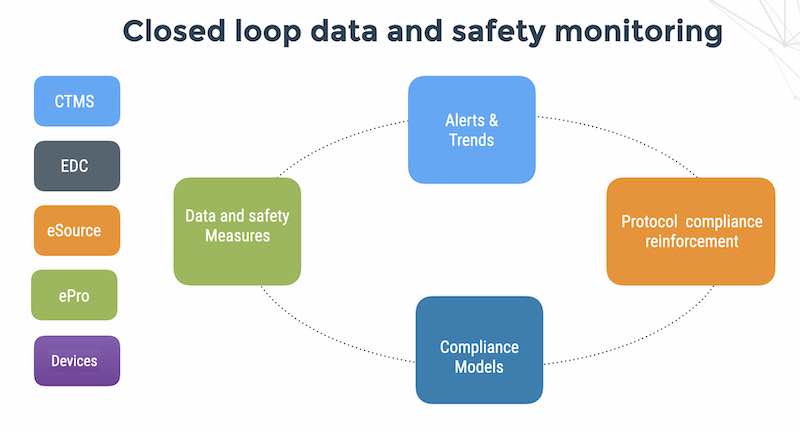Bahya ibn Paquda was the author of the first Jewish system of ethics written in Arabic in 1040 under the title Al Hidayah ila Faraid al-Qulub, Guide to the Duties of the Heart. In his view, most people acted in accord with selfish, worldly motives. This was almost 2,000 years ago before the age of entitlement in America and most other parts of the Western world.
A client once challenged me to establish a correlation between employees who surf to porn sites and download videos at work and a propensity to steal proprietary data from the company. My first comment was that porn sites are a fertile source of spyware and malware – and therefore an employee who spends time at work viewing and downloading adult content creates a vulnerability to keylogger-based attacks like the Israeli Trojan or the perennial keylogger attacks on FTP credentials (which is easy since FTP doesn’t encrypt username/password). However – I don’t have (and I don’t know anyone who does have) empirical data from even small samples regarding employees and/or contractors who leaked data and their adult-content surfing habits.
A hint to this question of a possible correlation between data theft and acceptable usage violations in the workplace comes from a book that Rabenu Bahya wrote called “Kad Hakemach” (“The Jar of Flour”, today – I suppose we would call it “The Cookie Jar”).
I’ll paraphrase from the Hebrew translation – rewording into modern context:
A person should not be tempted to think that stealing from his employer is permissible, even though theft is a terrible thing and that if he would steal property from his neighbor, it would be a criminal offense subject to arrest and punishment, fine and possible jail sentence. Stealing an asset from an employer is even worse than stealing from a stranger because it is a violation of the trust relationship between the salaried employee and his employer and a sacrilege of god’s name.





